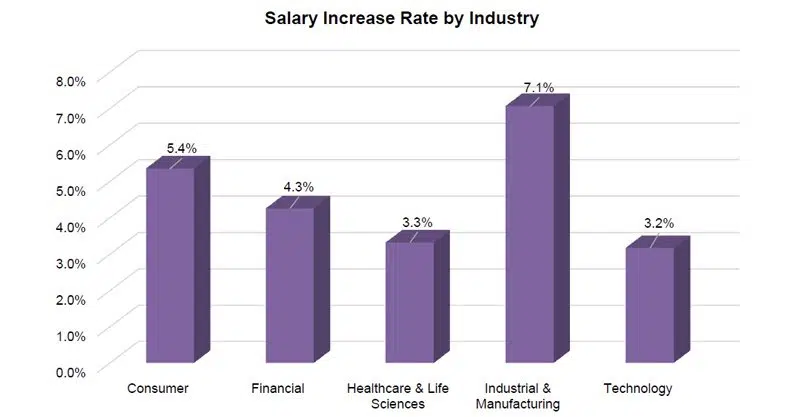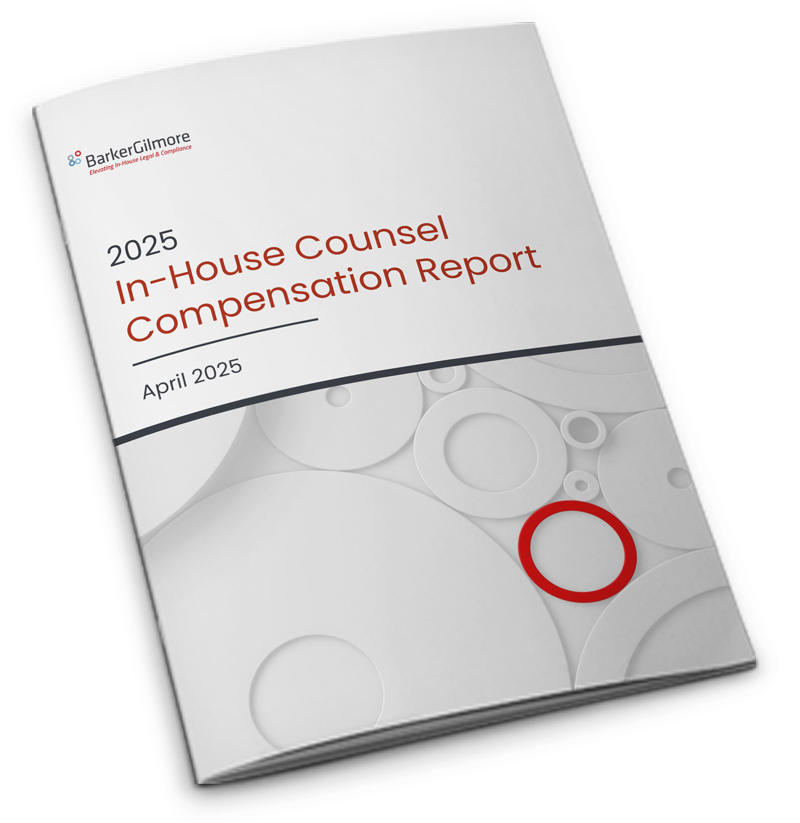Within the last half decade, there has been a significant increase in the need for top compliance talent across all industries. Now more than ever, C-Suite executives and Board Members are recognizing the importance of the compliance function and are finding ways to integrate it within their organizations as an independent entity, separate from the legal department. Consequently, the role of the Chief Compliance Officer is evolving, and more compliance executives are earning a seat at the table as business leaders and decision makers.
With the evolution of the compliance function underway, compliance officer compensation is in a state of flux. Organizations are now challenged to find ways to attract new talent that meet the higher standard for compliance and are pressured to incentivize retention for current valuable compliance leaders.
The 2018 Compliance Compensation Report attempts to provide guidance, trend analysis, and benchmark data for employers and job candidates alike as we enter this new age of compliance. Among many interesting data points and correlations, we summarize the six trends below as the most prominent for 2018:
- Annual Salary Increase Rates: The median annual salary increase rate for all positions across industries is 4.2%, with the industrial and manufacturing sector experiencing the highest median increase rate of 7.1% from 2016 to 2017. The technology and healthcare and life sciences sectors experienced the lowest increase rates at 3.2% and 3.3%, respectively.
- Peer Comparison: 45% of all respondents believe their compensation is average and comparable to their peers at other organizations. 25% feel their compensation is above or significantly above average, while 27% believe they are underpaid. Compliance officers in the industrial and manufacturing industry express the highest levels of satisfaction, with 43% reporting compensation above or significantly above average. Those in the consumer and financial industries express the greatest dissatisfaction, with over 35% reporting compensation below or significantly below average.
- Who’s on the Market: Only 34% of respondents indicate that they will consider a new position within the next year due to compensation issues. Those in the consumer industry report the greatest likelihood of a job search in the next year, while those in the industrial and manufacturing industry are least likely to engage in a job search. Overall, the majority of compliance officers are satisfied with the compensation in their current roles.
- Gender Pay Trends: On average, female compliance professionals earn 72% of what their male counterparts earn. The gap is largest at the CCO level, where females earn only 65% of the total compensation that their male counterparts earn. The disparity decreases as position level decreases. While the gap is extremely evident for higher level roles, males and females at the individual contributor level earn very similar compensation.
- Education Matters: Across all position levels, compliance officers who hold law degrees earn significantly more than those without law degrees. When assessing non-law degree respondents, those boasting an advanced degree report higher compensation at the CCO and Managing Compliance Officer levels, while Individual Contributors tend to earn about the same amount whether they hold an undergraduate degree or an advanced degree.
- Public vs. Private: At all position levels, a statistically significant difference exists between the compensation of those at publicly-traded companies and those at private companies. At the Chief Compliance Officer level, this disparity is much less noticeable for CCOs who hold law degrees than for those without law degrees. The size of the gap between public and private organization compliance officers is especially noticeable for CCOs and other high-level Managing Compliance Officers due to the Long Term Incentive (LTI) compensation component. LTI is much higher for public company employees and non-existent for most private company employees.
In addition to the six key trends outlined above, the 2018 report features a detailed breakdown of specific compensation figures for a variety of position levels, including Chief Compliance Officers, Managing Compliance Officers, and Individual Contributor Compliance Officers. Download your free copy of the 2018 Compliance Compensation Report for access to this highly valuable benchmarking data today!
Connect with a legal recruiting advisor
* indicates required fields







